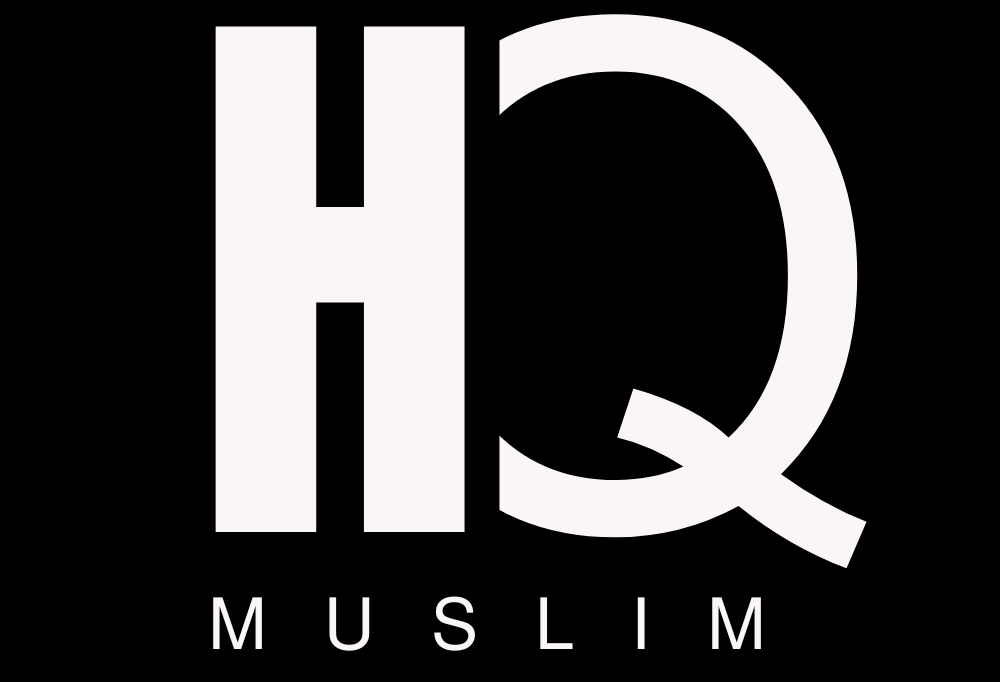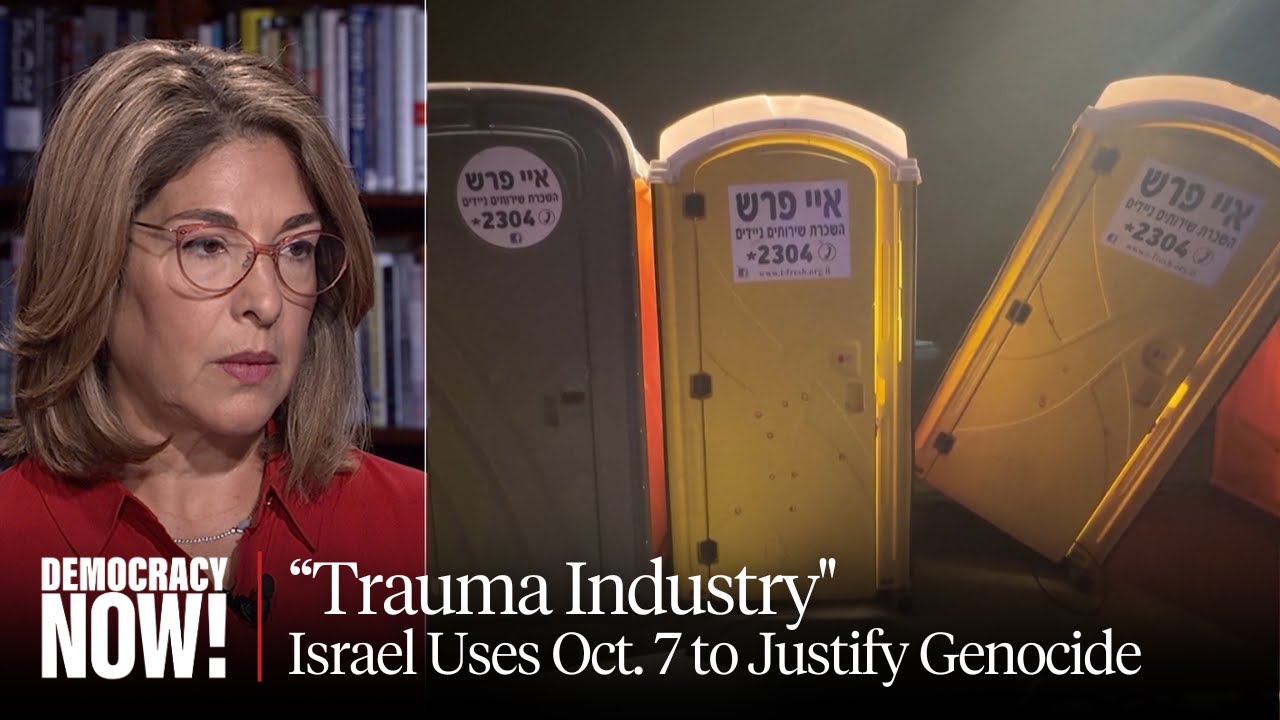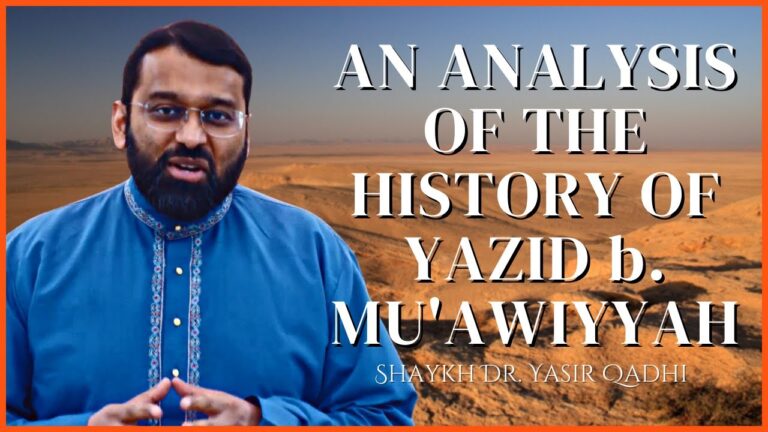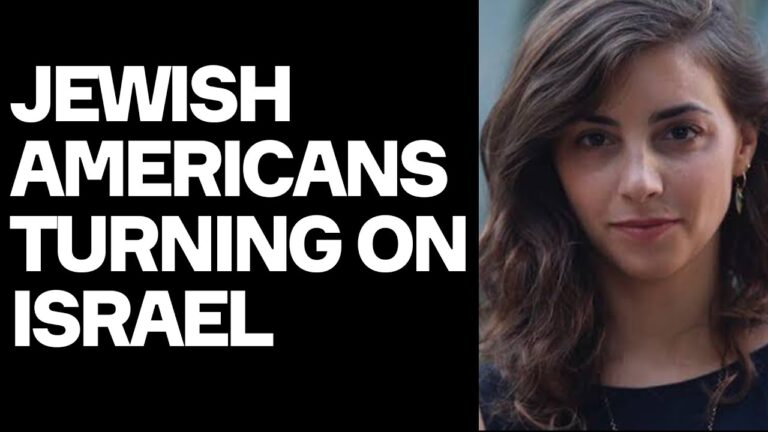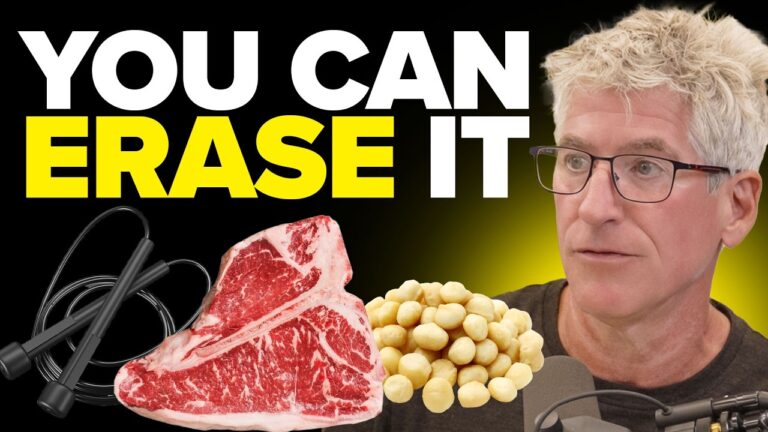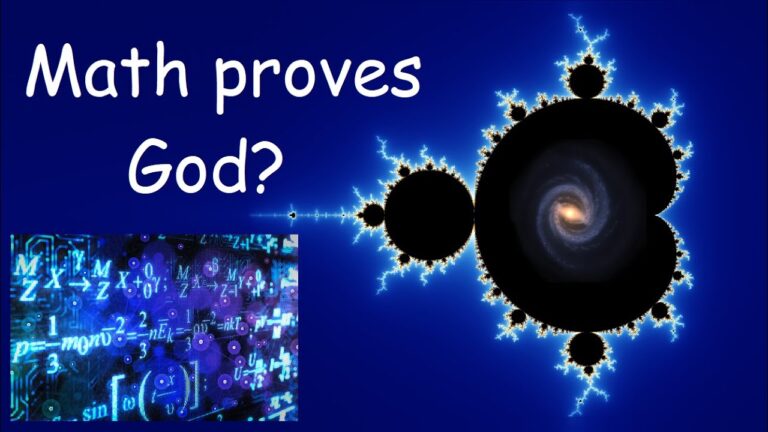🕯️ Grief, Genocide & the Weaponization of Memory: Naomi Klein on Israel, Gaza, and the Politics of Pain
An unflinching analysis of how trauma is used to justify power, erase nuance, and distort the moral compass of a grieving nation.
1a. Shock Doctrine in Real Time
📌 00:00
📝 The Point:
• Naomi Klein draws parallels between Israel’s current military campaign and long-standing agendas for Gaza’s depopulation.
• October 7 is used as a “shock event” to accelerate settler-colonial ambitions under the guise of retaliation.
• The trauma of that day is not only being mourned—it’s being manipulated.
⚖️ The Law:
• Emotional trauma must not be used to circumvent moral accountability.
• A state’s grief cannot override human rights obligations.
• Political objectives dressed in mourning are still agendas.
🔮 And So:
• Shock immobilizes the public’s moral judgment.
• Pre-existing agendas get fast-tracked under the cloak of urgency.
• When grief becomes policy, violence becomes justified.
When does honoring the dead cross the line into exploiting their memory?
1b. Grief from Above, Not Below
📌 02:35
📝 The Point:
• Klein distinguishes between personal grief and state-curated trauma rituals.
• Official memorials fuse October 7 with the Holocaust to forge a new Israeli identity rooted in existential fear.
• This manufactured narrative is not about healing—but about unifying people around vengeance.
⚖️ The Law:
• Memorials should reflect pain, not direct it.
• National identity cannot be forged through comparison to past atrocities.
• Misusing memory desecrates the past and endangers the present.
🔮 And So:
• The state’s grief becomes a directive, not a process.
• Linking October 7 to the Holocaust creates a moral blank check.
• Victimhood becomes a rationale for domination.
Is remembering still sacred when it’s weaponized?
1c. VR Goggles & Manufactured Empathy
📌 04:11
📝 The Point:
• Israelis and diaspora Jews are being encouraged to “relive” October 7 through immersive technologies like VR.
• This orchestrated emotional manipulation fosters collective trauma loops and suppresses critical thinking.
• It becomes harder to question state actions when your emotions are constantly inflamed.
⚖️ The Law:
• Sensory immersion cannot substitute for moral reflection.
• Emotional manipulation undermines democratic debate.
• Public grief must not be transformed into political hypnosis.
🔮 And So:
• Technology amplifies state narratives.
• Empathy for one’s own group overrides empathy for others.
• The more traumatic the retelling, the easier it is to silence dissent.
Can you think clearly when you’re trained to feel only one thing?
1d. Families Say: Not in Our Name
📌 05:57
📝 The Point:
• Many hostage families publicly opposed the state’s pageantry, refusing to have their loved ones’ names used in state memorials.
• They favored quiet vigils over state-sanctioned grief theater.
• Their rejection exposes the moral gap between public mourning and private memory.
⚖️ The Law:
• Grief belongs to the bereaved, not to the government.
• Consent must be sacred in memorialization.
• The right to mourn privately is a form of resistance.
🔮 And So:
• Those most affected often reject the loudest rituals.
• Public spectacles dishonor private suffering.
• Power co-opts grief to strengthen control.
Who controls memory, and who gets erased in the process?
1e. Holocaust Comparisons: A Dangerous Conflation
📌 07:19
📝 The Point:
• Klein critiques the merging of October 7 with the Holocaust, calling it a dangerous trivialization.
• Survivors of October 7 are now being added to Holocaust archives, distorting historical boundaries.
• This erases context and dangerously elevates one event to a sanctified moral pedestal.
⚖️ The Law:
• Comparative suffering must be rooted in historical accuracy.
• Trivializing the Holocaust devalues its uniqueness.
• Misremembering empowers justification for violence.
🔮 And So:
• Conflation erases difference and blurs moral clarity.
• Historical trauma becomes emotional leverage.
• The real danger is rewriting genocide into myth.
What’s lost when we collapse distinct tragedies into one?
1f. The Nakba Reframed—As Justified?
📌 09:26
📝 The Point:
• Casting Palestinians as “Nazis” post-October 7 enables retroactive justification for the Nakba.
• If they’re framed as eternal villains, the founding violence of Israel becomes defensible.
• This reversal rewrites history to exonerate the present.
⚖️ The Law:
• Historical crimes must be confronted, not rationalized.
• Collective guilt is a distortion of justice.
• Truth cannot survive in the shadow of myth.
🔮 And So:
• Present-day narratives sanitize foundational wrongs.
• Erased histories reappear in policy.
• Myth-making becomes a national strategy.
Is redemption possible without honest reckoning?
1g. Grievability is Unequal
📌 11:58
📝 The Point:
• Judith Butler’s concept of “grievability” emerges—some lives are deemed more mournable than others.
• Israeli grief is globally validated; Palestinian grief is denied or delegitimized.
• This asymmetry distorts justice at its root.
⚖️ The Law:
• Equal dignity demands equal grief.
• Grief becomes political when it’s monopolized.
• A just world must make room for shared mourning.
🔮 And So:
• Suffering is not evenly distributed—or acknowledged.
• Empathy becomes a weapon when withheld.
• Mourning becomes hierarchy, not humanity.
Can justice exist where mourning is rationed?
1h. Redirecting Grief into Solidarity
📌 13:03
📝 The Point:
• Klein urges that grief should be liberated, not instrumentalized.
• Instead of suppressing emotion, it should be channeled into liberation, justice, and peace.
• Grief must not serve vengeance—it must serve humanity.
⚖️ The Law:
• Emotion is not obedience.
• Rage and sorrow can fuel resistance.
• Ethical mourning creates bridges, not bombs.
🔮 And So:
• Redirecting grief prevents its exploitation.
• Real healing requires honesty, not pageantry.
• Liberation begins when pain is reclaimed.
What would mourning look like if it truly aimed to end the cycle?
1i. Supremacist Mourning & Moral Hypocrisy
📌 13:33
📝 The Point:
• Scholar Ghassan Hage describes “supremacist mourning”—grieving only those whose lives are deemed superior.
• This hierarchy of loss undermines universal human dignity.
• Mourning becomes a tool of exclusion and political messaging.
⚖️ The Law:
• Supremacy can infect even our tears.
• Ethical grief sees no borders or castes.
• Mourning without empathy is self-righteousness.
🔮 And So:
• Mourning becomes theater for domination.
• Racism lives not just in bombs, but in eulogies.
• Resistance demands equal sanctity for all lives.
Can a nation cry without demanding applause?
1j. Zochrot & The Work of Real Remembering
📌 14:36
📝 The Point:
• Klein ends by praising Zochrot, an Israeli-Palestinian group that practices true remembrance—acknowledging erased Palestinian history.
• “Remembering,” she notes, means putting the self back together.
• In settler-colonial states, real memory is radical.
⚖️ The Law:
• Memory without justice is performance.
• Reclaiming erased histories is liberation.
• Healing requires full truth, not half-told stories.
🔮 And So:
• Real remembrance is repair.
• Truth is dangerous to empires built on forgetting.
• History lives when silence dies.
What if remembering wasn’t just a ritual—but a revolution?
Glossary
• Nakba: Arabic for “catastrophe,” referring to the 1948 expulsion of Palestinians.
• Judith Butler / Grievability: The idea that some lives are seen as more worthy of mourning than others.
• Zochrot: Israeli group promoting awareness of the Nakba and Palestinian history.
• Supersessionist mourning: The belief that certain griefs override others due to race, power, or politics.
• Shock Doctrine: Naomi Klein’s theory of exploiting crises to push through unpopular policies.
